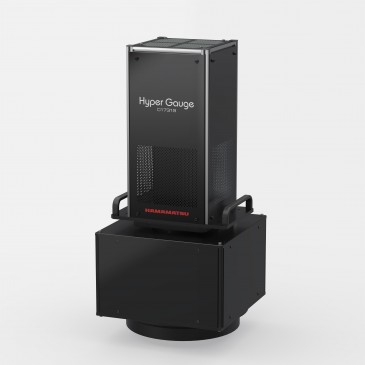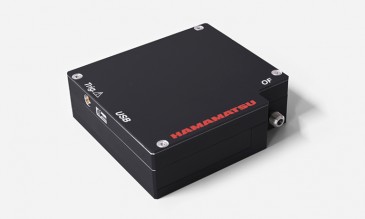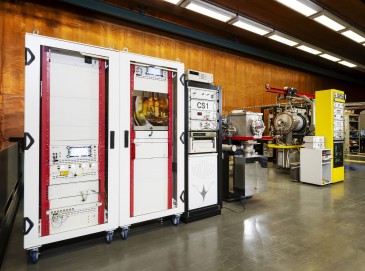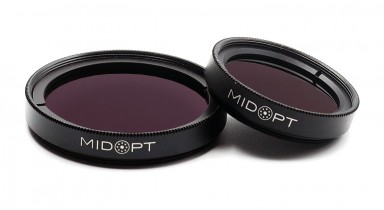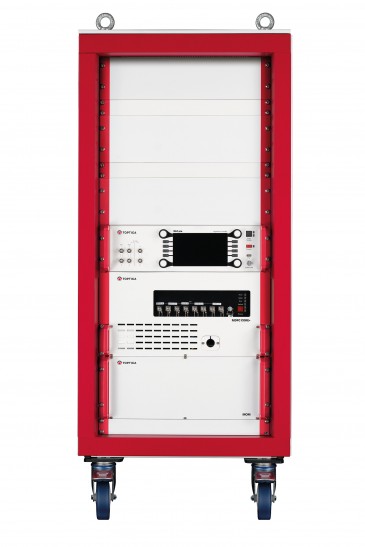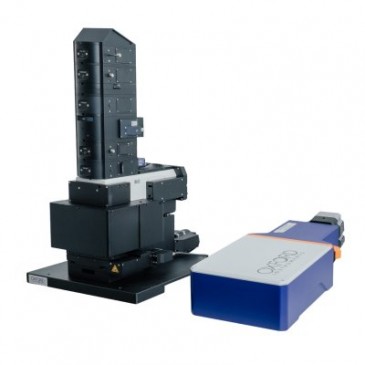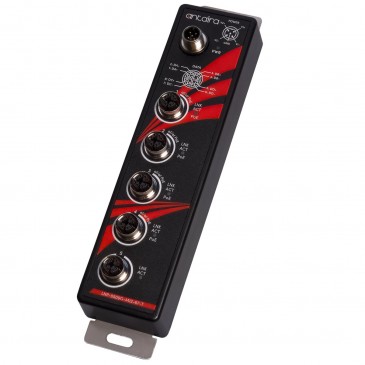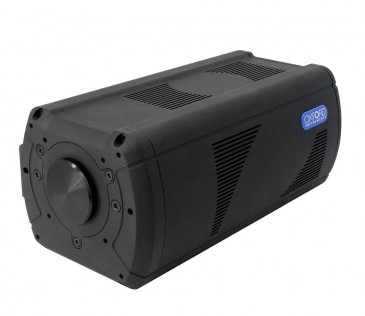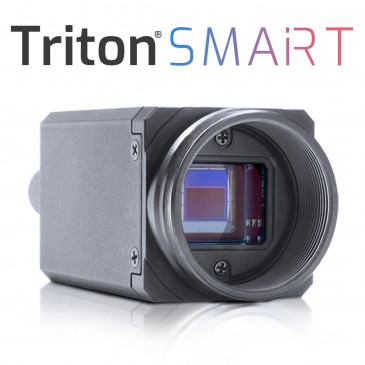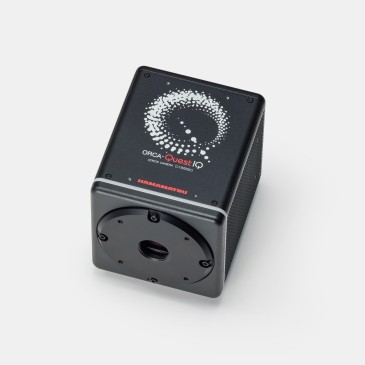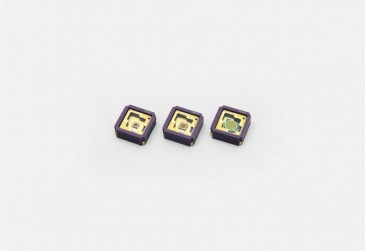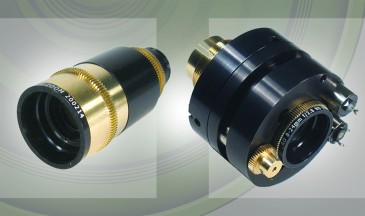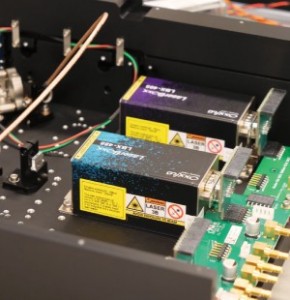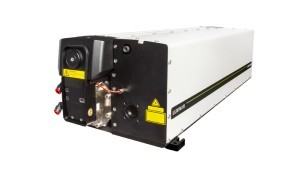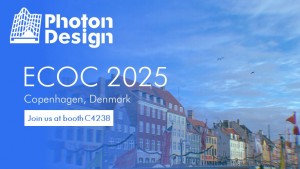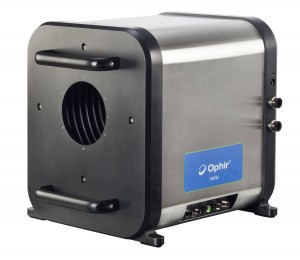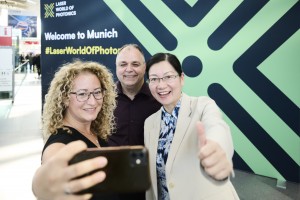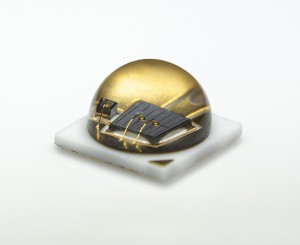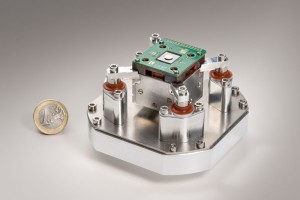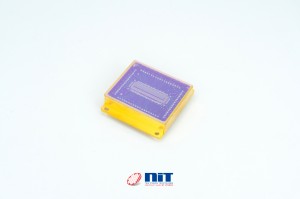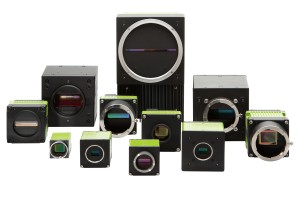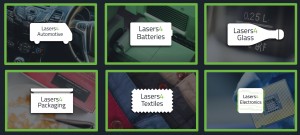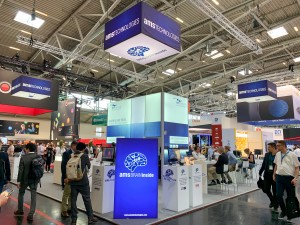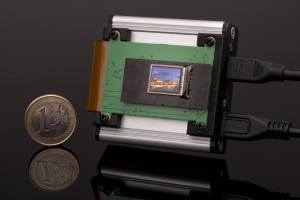
Volunteers sponsored by SPIE, the international society for optics and photonics, were in Washington, DC, last week to thank US Congressional representatives for their recent support for photonics research and development (R&D) and to urge future support in several key areas vital to economic growth and scientific progress. The SPIE volunteers were among more than 250 scientists, engineers and business leaders visiting Capitol Hill (US) on 12-13 March 2013 for US Congressional Visits Day (CVD) sponsored by the Science-Engineering-Technology (SET) Work Group.
SPIE volunteers focused primarily on three messages identified by the SPIE Engineering, Science and Technology Policy (ESTEP):
• Support for a National Photonics Initiative (NPI). This initiative is being forwarded by a coalition of professional societies, including SPIE, Laser Institute of America (LIA), IEEE Photonics Society, Optical Society (OSA) and American Physical Society (APS). The NPI will foster increased collaboration and coordination among industry, government and academia to identify and advance areas of photonics that are critical to maintaining US competitiveness and national security.
• Overhaul of export controls. Overly restrictive regulations on dual-use technologies and inconsistent interpretation and enforcement have created business, research and workforce barriers that limit US leadership in science and technology. Government export rules have driven high-tech jobs abroad and have made US companies uncompetitive in the global marketplace.
• Eliminating restrictions on government-employee travel to scientific conferences. Regulations released in a May 2012 Office of Management and Budget (OMB) memorandum are being applied inconsistently and limit federal participation in scientific and technical conferences, impeding the dissemination of research that results in useful innovation and imposing adverse long-term consequences on national competitiveness.
SPIE volunteers included:
• Dan Christensen (New York)
• Olivia Rae Fehlberg (Arizona)
• Ben Franta (Iowa and Massachusetts)
• Thomas Koch (Arizona)
• Sara Landau Lampen (Arizona)
• Robert Lieberman (California)
• Jim McNally (New Mexico)
• Kaye Rowan (Arizona).
The volunteers said they were pleased with the results of their visits and with the reception they received on Capitol Hill. Members and staff were generally in agreement that now is a critical time for the US to be prioritising investments in science and innovation and that while control of spending is important, funding for R&D and for Science, Technology, Engineering, Mathematics (STEM) education are important ways to grow the economy.
An evening reception provided an informal opportunity for CVD participants to talk with Congressional members and staff, and included an exhibition in which company representatives demonstrated products based on discoveries and innovations resulting from federal R&D funding. SPIE co-sponsored a booth highlighting the recent National Academies report, “Optics and Photonics: Essential Technologies for our Nation,” and raising awareness of efforts to create the NPI.
At the reception, the SET George E. Brown Award was presented to Representatives Mike Honda (Democrat of California) and Richard Hanna (Republican of New York) to recognise their outstanding efforts to advancing and promoting science, engineering and technology on Capitol Hill.
More than 50% of all industrial innovation and growth in the US since World War II can be attributed to advances pioneered through scientific research, with publicly funded R&D the vital foundation for today’s scientific and technological progress. Technology transfer from academic research adds billions of dollars to the economy each year and supports hundreds of thousands of jobs.
For more on the need for a National Photonics Initiative, read "The Call for the National Photonics Initiative" by Matt Weed.

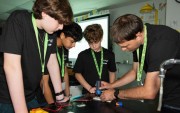


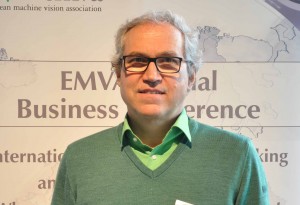

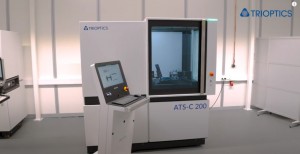






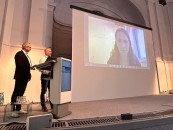

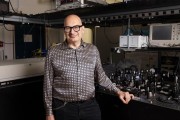



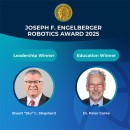

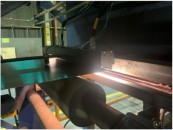




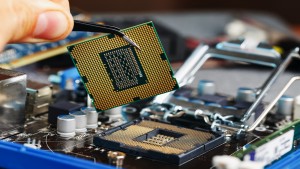

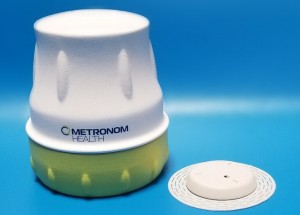
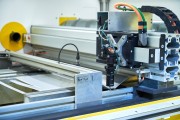

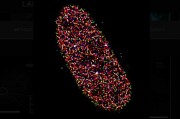
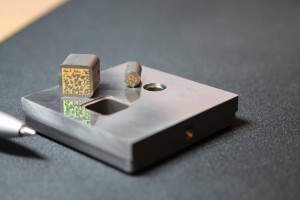
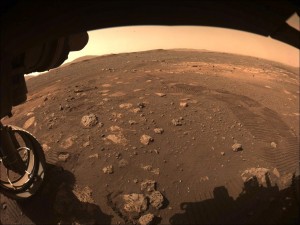
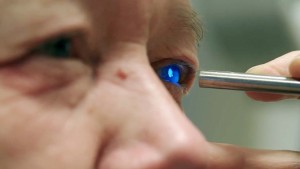
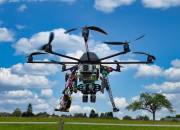
 Back to News
Back to News